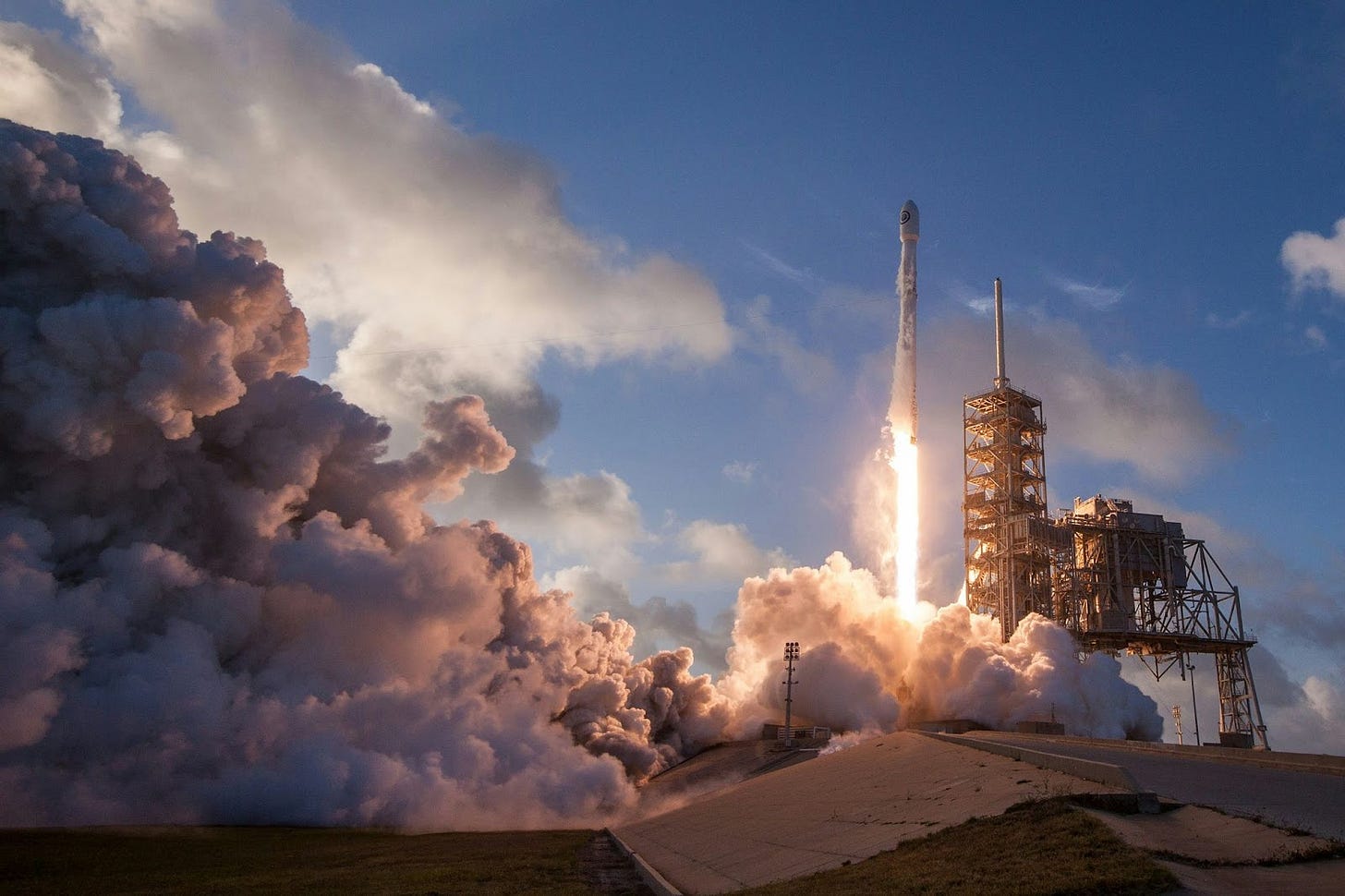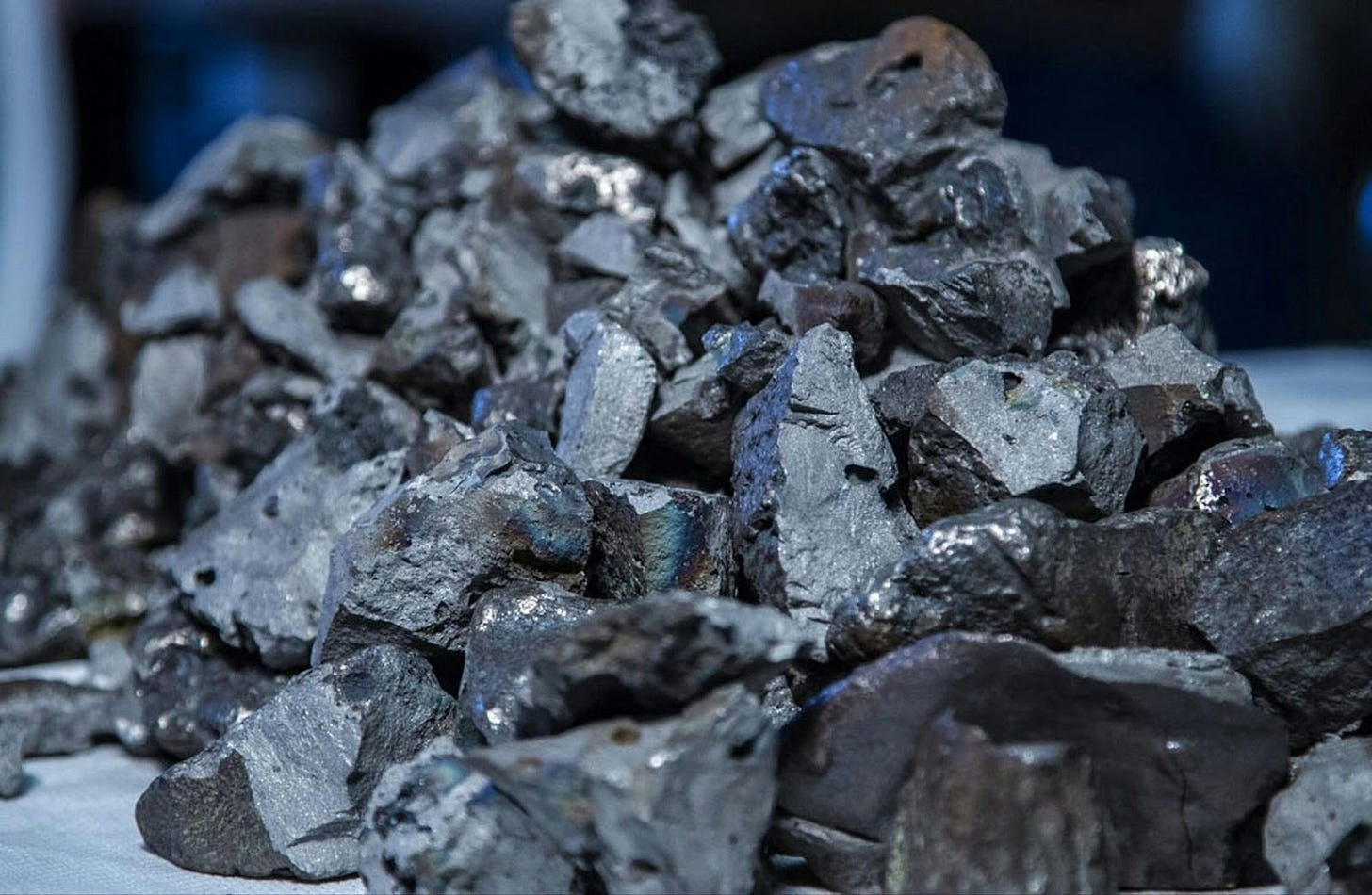European Deep Tech Investment Landscape: Mid-2025 Market Analysis
By Andreas Riegler, General Partner at APEX Ventures
Andreas Riegler is General Partner at APEX Ventures, bringing extensive global experience as a senior executive in digital and tech services, with advanced degrees from Harvard University and TU Graz.
As we cross the midpoint of 2025, European deep tech has demonstrated remarkable resilience, with Q1 venture capital reaching €16.7 billion, a 10.8% year-over-year increase despite a challenging market.
The divergence between European and American markets, with the STOXX Europe 600 gaining 5.4% while the S&P 500 declined 4.4%, highlights structural advantages within the European innovation ecosystem that are particularly pronounced in deep technology sectors.
Having reviewed hundreds of deep tech opportunities through H1, we have observed a fundamental reorientation in value creation toward scientific breakthroughs rather than business model innovation alone. As we look toward H2, the question isn't whether to invest in deep tech, but which domains offer the most compelling risk-adjusted returns.
European Resilience - the deep tech advantage
European deep tech's resilience stems from several interconnected factors. The ECB's more dovish approach, one that sees the implementation of a 25-basis-point cut in January, has created a more favorable environment for long-horizon investments compared to the Fed's cautious stance.
Regional variance tells an important story. H1 data from Pitchbook reveals that while the UK & Ireland showed a 12.4% year-over-year increase in deal activity, France & Benelux experienced a 26.3% decline. The DACH region demonstrated particular stability with deal value pacing just 5.2% below last year's levels.
Standout rounds include Reneo's €600 million and FINN's €1 billion venture debt financing. The DACH ecosystem's strength in combining technical innovation with industrial applications continues to attract substantial capital despite broader market volatility.
Most telling for future trends is the behavior of venture debt.Nearly 50% of these deals now target venture-growth companies, indicating growing confidence in deep tech's path to commercialization.
Deep Tech Across Key Sectors in H1
Defense Tech Investments Surge
The first half of 2025 saw geopolitical tensions drive unprecedented interest in defense tech. Unlike previous cycles, today's innovations bridge military and commercial applications, with the upside of attracting high-quality technical talent to the sector.
Recent key defense tech investments include:
Helsing (Germany) raised €450 million for its AI software that interprets data from sensors on military vehicles, offering critical battlefield intelligence. The company is valued at over €5 billion.
Quantum-Systems (Germany) has seen success with its small reconnaissance drones, which are now being used in Ukraine. Due to their proven battlefield performance, they've attracted €160 million in Series C investment, making them one of the rare unicorns in European defence technology.
Tekever (Portugal) is another European startup that has surveillance drones in active deployment in Ukraine. The dual-use firm raised €70 million, and its valuation is now above €1 billion. This demonstrates how defense tech innovation is spreading across Europe, not just concentrated in traditional defense technology hubs, and how battlefield-proven systems are attracting significant investor interest.
The conflicts in Ukraine and Israel have drawn stark awareness to the impact that technologies such as drones and AI-powered systems have on the modern battlefield. According to the European Venture Report, VC investment in defense technology has ticked higher as a result, with the largest deals accounting for about 80% of US VC dollars in the sector over the last two years.
Photo by SpaceX on Unsplash
Aerospace - Europe's New Frontier?
European aerospace has evolved beyond launch services to embrace the entire space technology stack. Capital efficiency improvements mean projects that once required €100+ million now achieve technical proof points with under €20 million.
OroraTech (Germany) has deployed thermal-infrared microsatellites that detect wildfires within minutes, with a recent series B extension of €37 million.
D-Orbit (Italy) launched "Wish Upon a Star," its 17th commercial mission, in March 2025. The company has transported more than 180 payloads to space since 2020, proving the viability of "space-as-a-service" business models.
ATMOS Space Cargo (Germany) became the first European commercial company to successfully demonstrate an orbital re-entry in April 2025 with their unique inflatable capsule architecture.
The Exploration Company (Germany/France) closed a $160 million (≈€151 million) Series B round—the largest-ever for a European NewSpace firm—to develop its reusable Nyx cargo spacecraft .
Photo by SRG Group on Unsplash
Advanced Materials - An Underappreciated Opportunity
Materials science represents the most overlooked deep tech opportunity in Europe. The combination of computational design, advanced manufacturing, and novel applications is creating breakthrough materials with transformative properties.
The real story from H1 is how AI is accelerating materials discovery—what once took decades now often happens in months.
CuspAI (United Kingdom) raised a $30 million seed round last year to harness AI for materials breakthroughs. The company uses AI to discover new chemicals and materials, drawing talent from Meta and Google.
Again (Denmark) a carbon utilization company, raised €39.4 million in Series A funding last year. The company captures carbon dioxide and converts it into valuable chemicals, addressing climate challenges while creating commercial products.
Photo by Karsten Würth on Unsplash
Energy & Cleantech's Strategic Evolution
Despite slipping from the top three to seventh in Q1 rankings, clean tech remains a foundational long-term investment category. The sector is evolving from pure sustainability plays to technology-driven efficiency solutions with broader market appeal.
The most compelling cleantech investments from H1 no longer rely on regulatory tailwinds alone but create economic advantages independent of policy support.
Reneo (Germany), a B2C real estate tech firm, was one of the top VC deals in Q1, raising €600 million in an early-stage VC round. Its machine learning system optimizes building transformation strategies, achieving 30-60% energy consumption reduction.
Proxima Fusion (Germany) closed a record €130 million Series A round, the largest private fusion investment in Europe, co-led by Cherry Ventures and Balderton Capital, bringing total funding to over €185 million.
Photo by Adam Śmigielski on Unsplash
Looking Ahead: H2 2025 and Beyond
European deep tech has evolved from a niche status to a cornerstone strategy for forward-thinking VCs. This year's first half confirmed what we've long believed: fundamental technological innovation creates more resilient value than business model refinements alone. Deep tech startups report 35% higher revenue growth than last year, even as broader markets fluctuate.
Continental Europe's advantages in technical talent, research institutions, and industrial partnerships have become increasingly pronounced, creating a uniquely favorable environment for deep tech investment. European deep tech deal value continues to grow despite broader market uncertainty, with defense technology, aerospace, advanced materials, and next-generation cleantech representing domains where European competitive advantages are most defensible.
For European VCs approaching H2, deep tech investment offers positioning for the next decade of value creation. As European sovereign wealth funds, family offices, and institutional investors increasingly seek exposure to strategic technologies, we expect deep tech funding to accelerate, creating unprecedented opportunities for investors willing to develop specialized expertise in these frontier domains.
For more information about APEX Ventures' deep tech investment strategy, contact our team at pitch@apex-vc.com.








